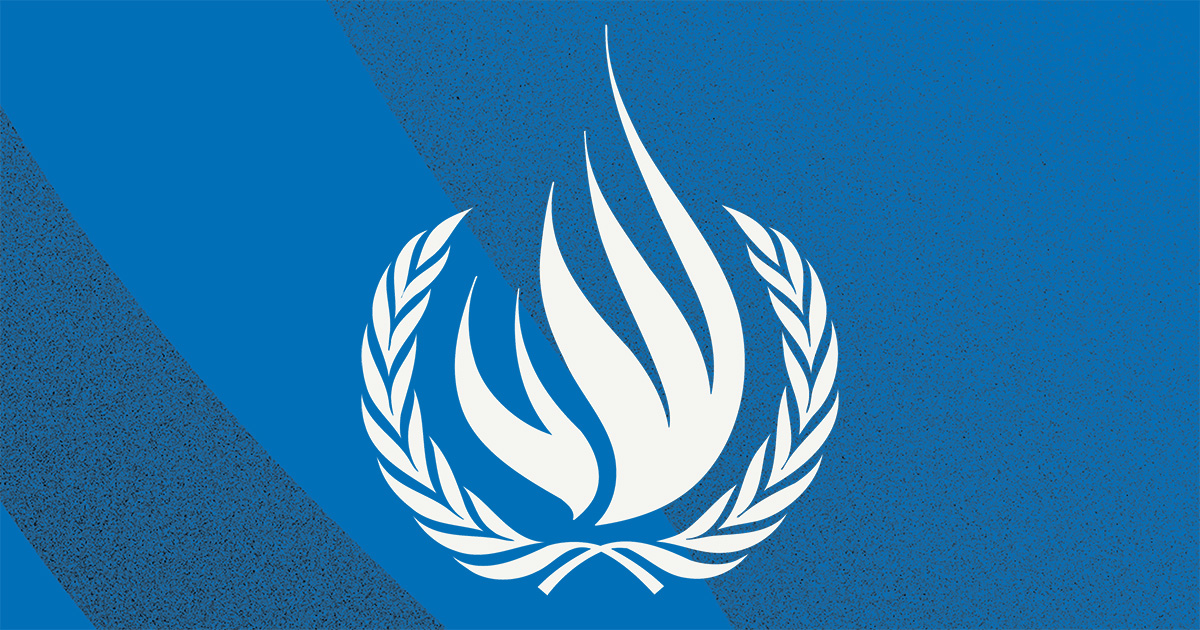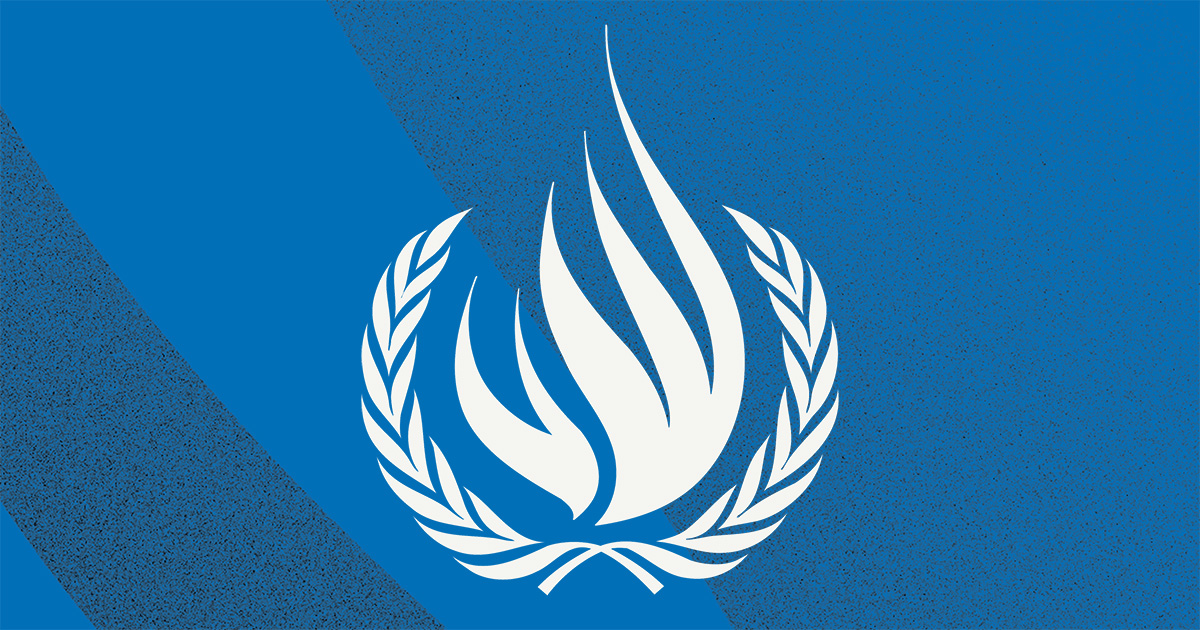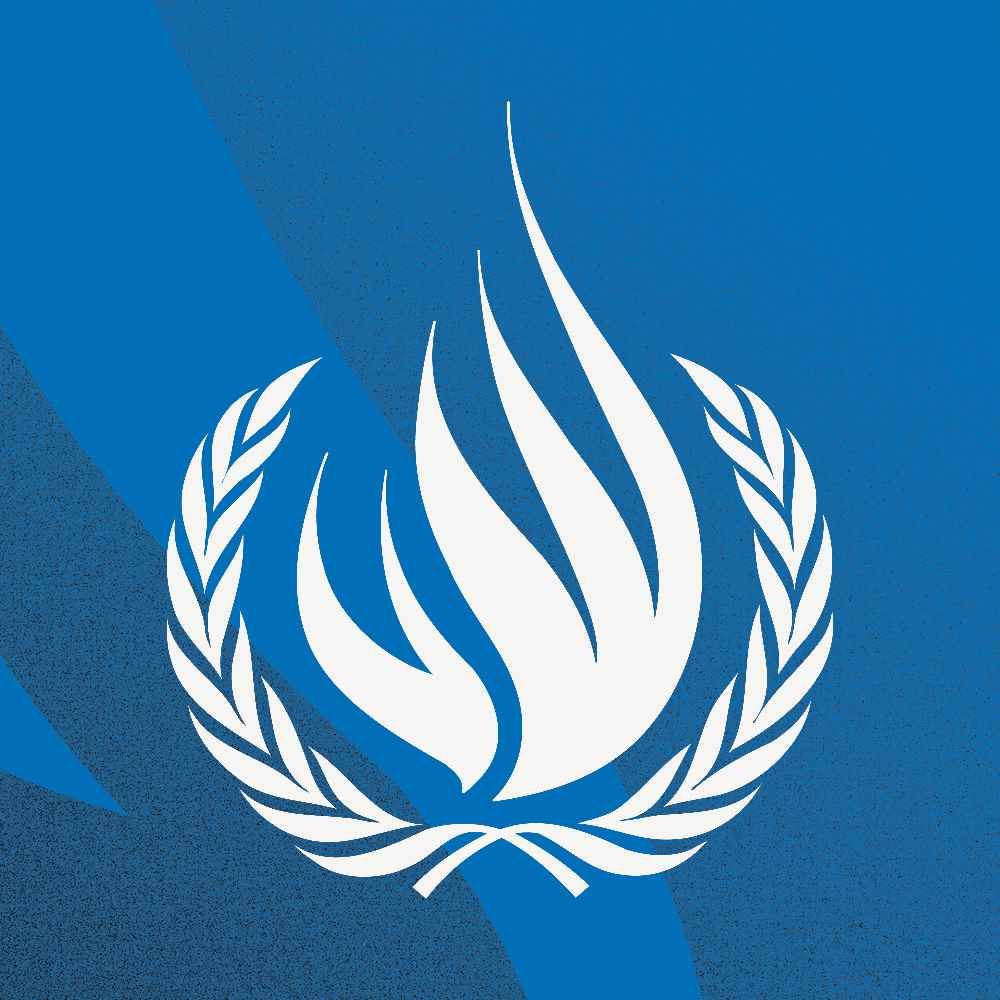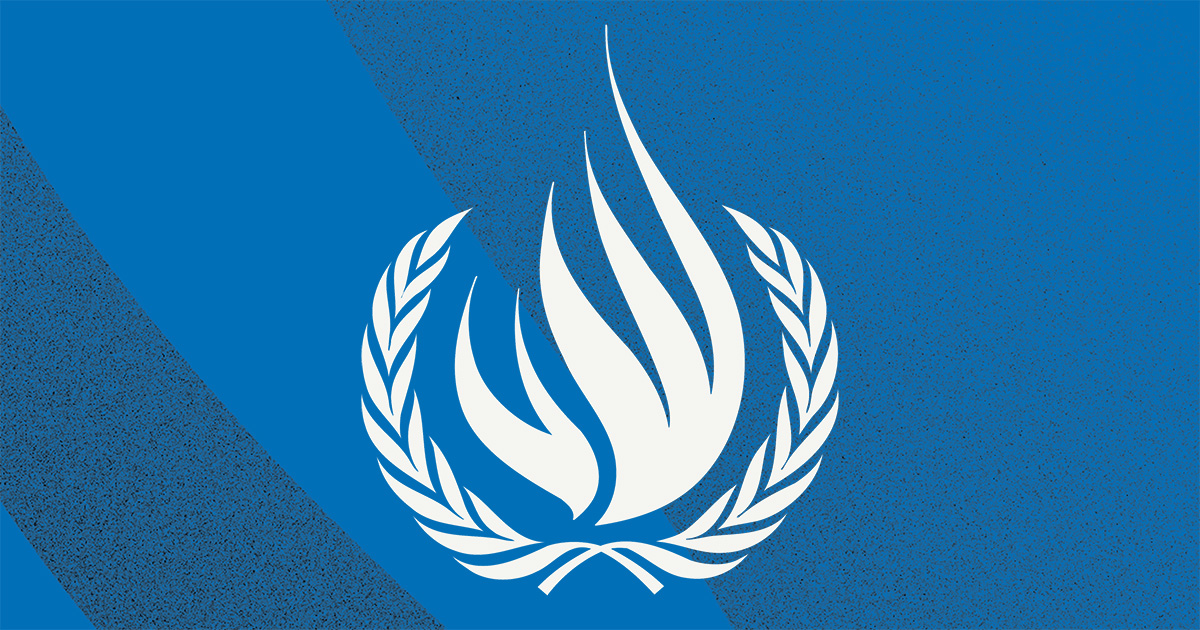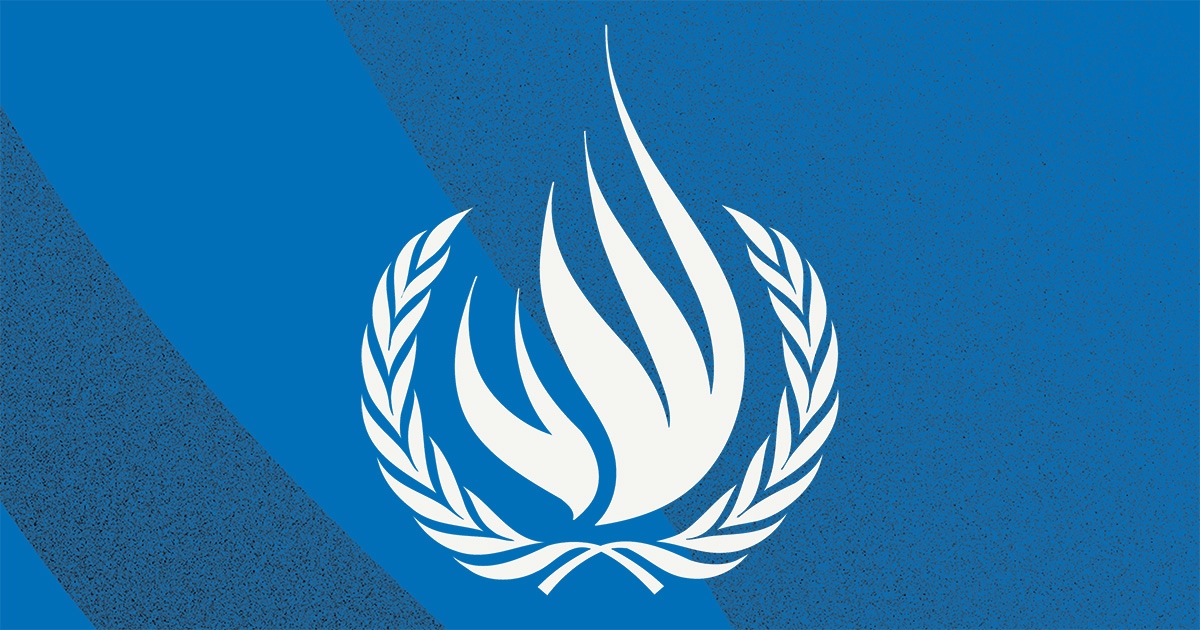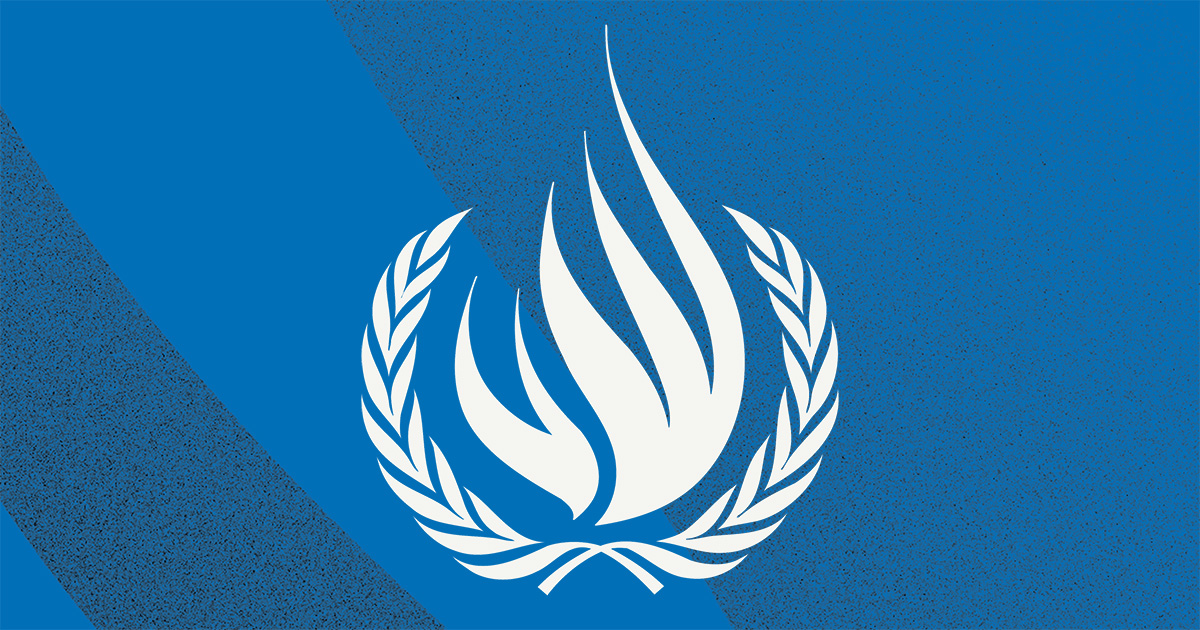
STOCKHOLM (22 March 2024) – A UN human rights expert today urged Sweden to strengthen its transitional justice process to address the legacy of human rights violations endured by the Sámi people and the Tornedalian/Kven/Lantalaiset minority in the context of assimilation policies.
Assimilation policies adopted by the state and the church in the 19th and 20th century, included the banning of their language and cultural practices, forced accommodation of Sámi children in boarding schools, where some reportedly suffered violence and mistreatment, religious conversion and removal of land and access to natural resources.
“I note legislative reforms aimed at redressing some of the harm inflicted on them by reversing the deleterious effect of assimilation policies in their culture, identity, and language; and securing their related rights. However, the revitalisation of their language and culture remains precarious and must be strengthened,” said Fabian Salvioli, the UN Special Rapporteur on the promotion of truth, justice, reparation and guarantees of non-recurrence.
In a statement following an official visit to Sweden, Salvioli noted that a process of transitional justice has been adopted in recent years to address the legacy of those violations through the establishment of truth-seeking processes for the Tornedalians/Kven/Lantalaiset minority and the Sámi people.
“Ensuring implementation of the recommendations of both truth commissions is imperative and relevant mechanisms must be devised urgently,” the expert said.
With regard to reparation, Salvioli underscored the important repatriation and reburial initiatives carried out, but noted insufficient progress regarding psychosocial rehabilitation services, compensation and apologies. “I call for the adoption of a comprehensive reparation programme to address these gaps. Authorities must also adopt a policy to memorialise the legacy of past abuses,” he said.
“The continued effects of past abuses in the status and condition of Sámi people and Tornedalians/Kvens/Lantalaiset require particular attention. Discrimination, racism, and hatred against Sámi people and national minorities must be urgently addressed in compliance with international standards on combatting ethnic hatred and discrimination,” the expert said.
“Tornedalians/Kvens/Lantalaiset receive little support from state and non-state actors to promote their status and rights as national minority. I call on the authorities to prioritise their rights in the national agenda and provide sufficient financial resources to ensure that their representatives can effectively carry out their work,” he said.
The expert noted that the infringement of rights of Sámi people and Tornedalians/Kven/Lantalaiset, in the context of development projects, including the so called “green transition”, has been a stated concern of numerous interlocutors.
“I call on the government to ensure that international standards regarding effective consultation of affected communities and free prior informed consent of indigenous peoples are complied with in these processes,” Salvioli said.
During his visit, the expert met government officials, civil society organisations and representatives of the Sámi people and the Tornedalians/Kven/Lantalaiset minority.
The Special Rapporteur will submit a full report on the visit to the Human Rights Council in 2024.
Mr. Fabian Salvioli (Argentina) was appointed by the UN Human Rights Council in 2018 as the Special Rapporteur on the promotion of truth, justice, reparation and guarantees of non-recurrence. He is a human rights lawyer and professor. Fabián Salvioli is professor of International Law and Human Rights at the School of Law of the University of La Plata. He has lectured in many countries and universities across the Americas, Europe, Africa and Asia. Mr. Salvioli has authored several books and articles on international human rights law. He was member of the United Nations Human Rights Committee between 2009 and 2016, and its President between 2015 and 2016.
As a Special Rapporteur, Mr. Salvioli is part of what is known as the Special Procedures of the Human Rights Council. Special Procedures, the largest body of independent experts in the UN Human Rights system, is the general name of the Council’s independent fact-finding and monitoring mechanisms that address either specific country situations or thematic issues in all parts of the world. Special Procedures experts work on a voluntary basis; they are not UN staff and do not receive a salary for their work. They are independent from any government or organization and serve in their individual capacity.
UN Human Rights, Country Page: Sweden
For further information and media enquiries, please contact: Ms. Brenda Vukovic (+41 (0)79 444 3940 / brenda.vukovic@un.org)
For media enquiries regarding other UN independent experts, please contact Maya Derouaz (maya.derouaz@un.org) and Dharisha Indraguptha (dharisha.indraguptha@un.org).
Follow news related to the UN"s independent human rights experts on X: @UN_SPExperts





